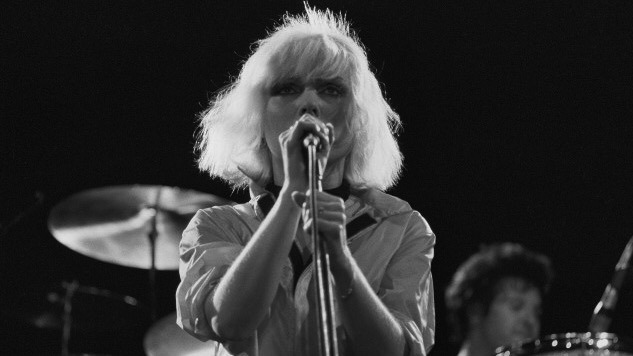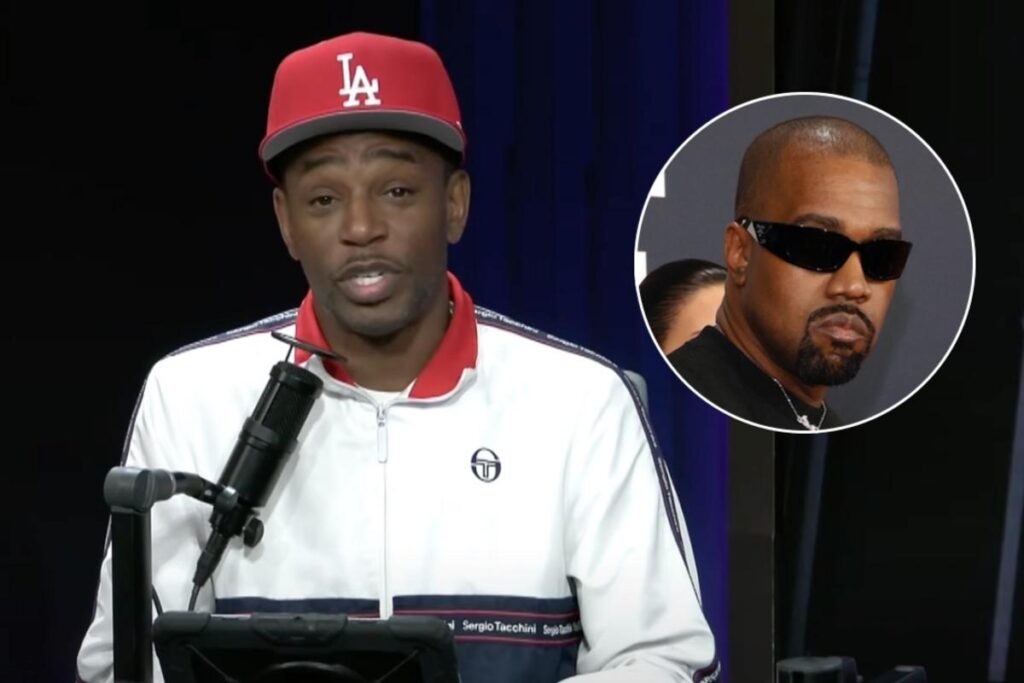These gestures beyond the metal world betrayed Boris’ roots as art-school students during a period when Tokyo had the best-stocked record stores in the world and a recombinant, past-plundering spirit hung in the air. They also dovetailed nicely with O’Malley’s outside-the-box approach to metal; his band Sunn O))) transmuted metal riffs into minimalist sludge, and he was prone to namedrop the likes of Terry Riley and Stevie Wonder as influences. 20 years ago, metal had a more purist mentality than today, and the idea of art-school interlopers interfering with its cult of freaks ruffled feathers; Boris was dismissed as “hypsters” in a two-star review from extremity arbiters Tiny Mix Tapes and as “girlfriend metal” by a same-named Facebook page.
I made my own Facebook page around the time, titling it: “Pink is the best metal album of the 21st century.” A bold claim, given that I hadn’t heard that many metal albums when I was a sophomore in high school, still working through Daniel Bukszpan’s Encyclopedia of Heavy Metal and making a point of singling out the “weirdest” bands. Among them was the Melvins, whose influence led me to the Ipecac stable and their bug-eyed overlord Mike Patton, and from there to the drone-metal universe of Sunn O))) and Boris. The latter two seemed the coolest out of all of them—Sunn O)))’s chasmic music and ritualistic stage performances, Boris’ mix of vaguely Satanic fearfulness (their label was called “Fangsanalsatan”) and standoffish, heavy-lidded cool.
What primed me to have exactly the same taste in metal as your run-of-the-mill hipster, a year before I found out about Pitchfork? At first I worried I simply had fallen for the metal that people who don’t like metal enjoy, but I’ve come to realize there’s something fundamentally appealing about Boris, and that the conflict between “uppercase” and “lowercase” isn’t just some kind of culture war between trve and hipster metal so much as the dynamic that animates Boris’ whole thing. You could see it onstage at the 10th anniversary shows for Pink, where frontpeople Wata and Takeshi averted their eyes from the audience and hid behind black hair, while drummer Atsuo bashed his gong, made devil horns, and otherwise channeled Animal from The Muppets.
[embedded content]
And you can see it on Pink, which sandwiches an insanely pure and impressive suite of heavy rock songs between two swaths of ambient gauze that might (along with the pink cover) halfway convince you you’re listening to the next Loveless. Can an opener be a centerpiece? “Farewell” pings through an endless space, its lonely guitar lead swimming through a gently rising feedback tone that sets the tone for Boris’ extraordinarily fluid control of electronic effects throughout the record. Then it kicks to life, and I still don’t think I’ve ever heard guitars like that—practically breaking against the speakers, an elemental barrage of whitecaps. “Farewell” finds its twin later with “My Machine,” a two-minute fuzzscape that the 2xLP vinyl reissue around the same time expanded into an 11-minute ambient composition that’s yet to be available online.
Between those is a rock record that seems possessed by the spirits of all the loudest ‘60s power trios—the Who, Cream, the Jimi Hendrix Experience—but feels less like yet another in Boris’ series of pastiches than a sort of indivisible bedrock for what this kind of music can be. English translations of the lyrics yield the exact same kind of gibberish Buzz Osborne made the lingua franca of the Melvins empire, and as on Melvins masterpieces like Bullhead and Lysol, the reduction of language to mere sonic filler liberated the music from meaning or context. The only other member of “Pink is the metal best album of the 21st century” was my high school classmate, and we made up a whole sci-fi concept-album dystopian plot around the album; as cheesy as it sounds (and was), Pink invites this kind of conjecturing and personal interpretation.
Pink’s inscrutability allows its rock songs to become embodiments of the “rock song” as a form, especially the instrumental “Electric,” which is all form. Atsuo lets out strangled screams from behind the kit, expressions of sheer joy; he plays so forcefully, and his drums are so high in the mix, that we almost get the impression he’s accidentally jostled them further up to the mic just through sheer force of playing. Meanwhile, the “beautiful” songs “Farewell” and “My Machine” exist not so much to dilute the blasted grandeur of Boris’ rock songs but to situate the other songs within a larger universe, one in which beauty can exist. Without “Farewell” and “My Machine,” we imagine Boris playing in a garage. With them, they evolve past the musty stench of beer, sweat, and blown amps and are elevated, gloriously, into a sort of universal rock-space.
Pink is no longer the universally accepted entry point for Boris, as it was for my generation (I was born in 1994) and those a little older than me, who were able to witness the band’s stateside breakthrough firsthand. These days, it’s Flood, and what’s curious about the younger crowd that gravitates towards it is that they’ve never really known a world where the questions of real vs. hipster metal that swirled around Boris at the time were even relevant. The idea that Deafheaven ever got shit for wearing peacoats, or Liturgy for wearing jeans, must seem ludicrous to a latter-day Boris audience—and, as more generations of genre-agnostic music fans grow up, the audience for Boris seems primed to expand. Boris themselves, meanwhile, must be in their mid-fifties but seem ageless and have kept up a prolific pace both on the road and in the studio.
Boris played a series of 20th anniversary shows for Pink a few days before this writing, including in my hometown. A few punks on their way to the show, who couldn’t have been older than 19, caught me listening to Pink on the bus (to research this very article) and interrupted me to ask if I was going to the show. I told them I wasn’t. I’d been to the 10th anniversary show, I told them, and it confirmed to me that I didn’t really like full-album anniversary shows—better to be surprised than to hear something you’d basically memorized. Out of curiosity, I asked how they discovered Boris. One was a newbie accompanying his friend and was scared of how big the mosh would be. The other found them through the Melvins—same as me. The kids are all right.
[embedded content]
Daniel Bromfield is a writer, editor and musician from San Francisco, CA. He currently works as Calendar Editor at the Marin Independent Journal and is a prolific freelancer, with bylines at Pitchfork, Atlas Obscura, Resident Advisor and local media in the Bay Area. He runs the popular @RegionalUSFood Twitter account, highlighting obscure dishes from across the US. Find him on Twitter at @bromf3.




